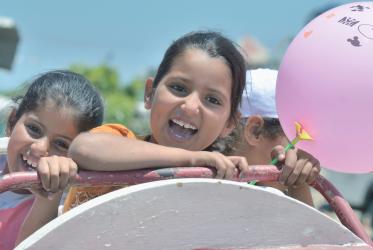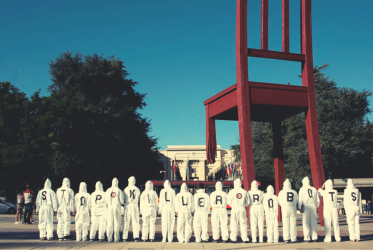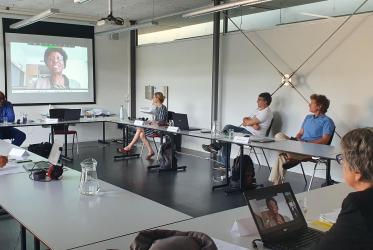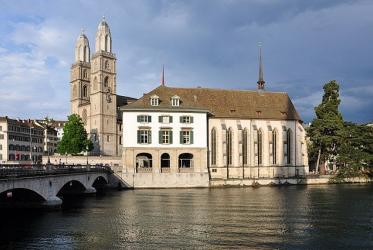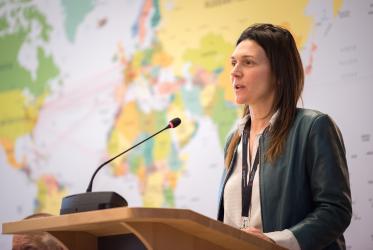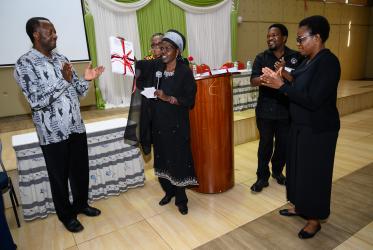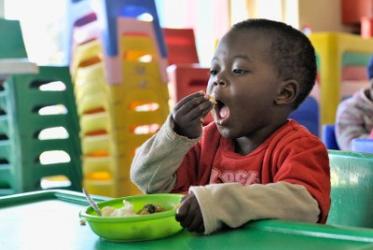Displaying 1 - 20 of 38
WCC’s Ecumenical Water Network attends Pilgrim Team Visit
30 August 2022
“Gathering in Grief” mourns Rev. Phumzile Mabizela
07 July 2021
Seven Weeks for Water 2021
17 February - 29 March 2021
Pan African Women of Faith issue fervent Call to Action
20 November 2018
Emily Welty: tide of hope for a world free from nuclear weapons
19 September 2017
